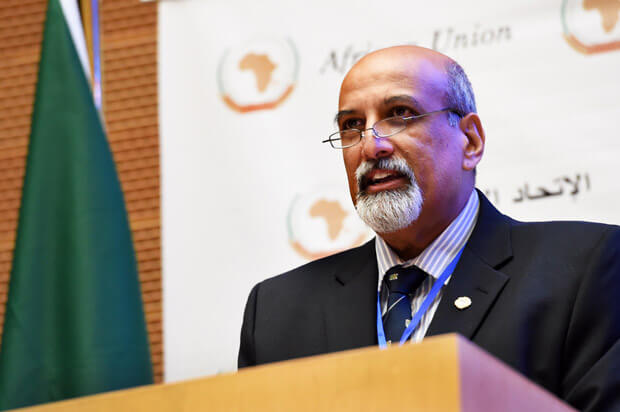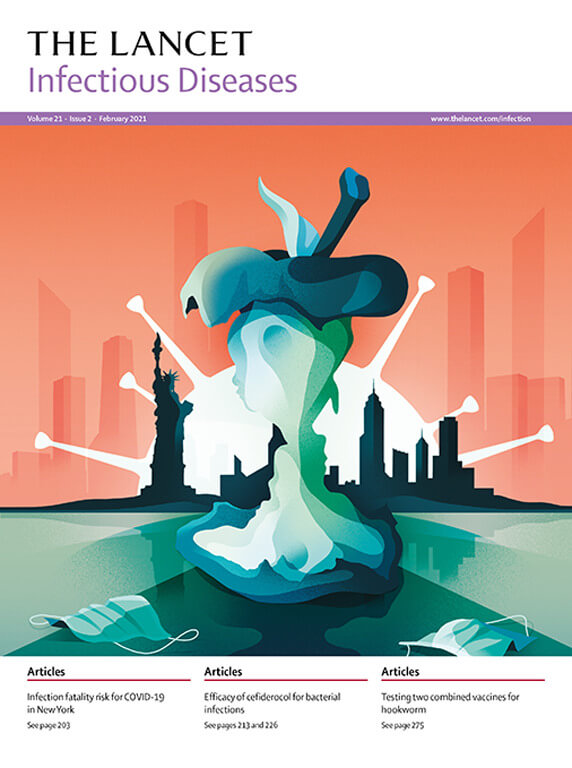
Professor Karim is a clinical infectious diseases epidemiologist widely recognized for scientific and leadership contributions in AIDS and Covid-19. He is currently serving as a Member of the Africa Task Force for Coronavirus, the African Union Commission on Covid-19, the Lancet Commission on COVID-19 and the ISC’s COVID-19 Outcome Scenarios Project.
In this podcast, produced by The Lancet Voice, Dr Karim discusses the World Health Organization’s latest variant of concern, the Omicron variant. This new variant has a large number of mutations, some of which are concerning, according to the WHO Technical Advisory Group on SARS-CoV-2 Virus Evolution.
Professor Karim describes how the Advisory Group learned of the new variant, and what it means for both science and the community. He also provides a more personal view of the impacts the new variant has on countries like South Africa – for example the travel ban to some countries, which ultimately, harms science.
“What really hurt, is when the world is faced with a threat, a global threat like Omicron ,the way you defeat a threat like this, is to stand together, is to work together, to join hands and to deal with threat head on. We should be building bridges, not barriers,” Professor Karim said in the podcast.
Listen to the Podcast
Read More
Omicron SARS-CoV-2 variant: a new chapter in the COVID-19 pandemic, by Slim S Abdool Karim and Quarraisha Abdool Karim, published 3 December, 2021 in The Lancet.

COVID-19 Outcome Scenarios Project
The ISC the COVID-19 project early in 2021, outlining a range of scenarios over the mid- and long-term that aim that will assist our understanding of the options for achieving an optimistic and fair end to the pandemic. Its report is due in January 2021.
Future scenarios for the COVID-19 pandemic was published in The Lancet in February 2021.
“What emerges next will partly depend on the ongoing evolution of SARS-CoV-2, on the behaviour of citizens, on governments’ decisions about how to respond to the pandemic, on progress in vaccine development and treatments and also in a broader range of disciplines in the sciences and humanities that focus both on bringing this pandemic to an end and learning how to reduce the impacts of future zoonoses, and on the extent to which the international community can stand together in its efforts to control COVID-19”.